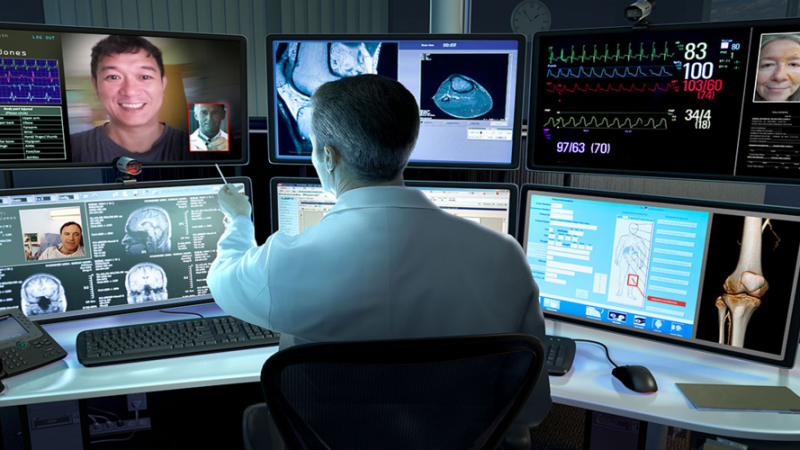The Amazingly Adaptable Heart Muscle – Why to Keep It Healthy

Muscles are not something we typically think of as adaptable. Sure, they may get a little stronger with exercise, but we generally don’t expect them to change all that much over time. But guess what? Science has proved just how adaptable the muscles are. Take the heart muscle, for example.
It turns out that astronauts lose heart mass during extended time in space. The reason is quite logical when you step back and think about it. During extended space travel, the heart is simply adapting to its environment. This amazing adaptability illustrates why we should make a point of keeping our hearts healthy.
-
Losing Muscle Mass
Astronauts undergo rigorous exercise while in space so that their muscles don’t weaken. On Earth, gravity provides a natural amount of resistance that forces us to use our muscles to stand, sit, and walk. Take away that resistance and the muscles get considerably less work.
Knowing that, it would seem that regular exercise designed to keep the arms and legs in shape would also ensure an astronaut’s heart remained healthy. Scientists studying astronaut Mark Kelly, who spent 340 days in space, discovered something interesting. His heart was indeed strong and healthy, but it was smaller when he returned to Earth.
Kelly’s heart lost .074 g of mass per week, on average. This, despite him getting up to two hours of vigorous exercise per day. The loss of mass did not affect function. Kelly’s heart was as strong as ever when he returned to Earth. So what happened?
On Earth, it takes a lot of effort to pump blood from the feet all the way up to the heart. Not so in space. Researchers surmised that zero gravity meant Kelly’s heart didn’t have to work as hard in space. Therefore, it did not maintain the same amount of mass.
-
Having an Enlarged Heart
What scientists learned about astronaut hearts and space says a lot about hearts here on Earth. Their research has implications that may explain why some people suffer from enlarged hearts. Also known as cardiomegaly, an enlarged heart is not a disease in and of itself. It is most often the result of another condition.
Cardiomegaly can be caused by a short-term influence like stress or pregnancy. It can also be the result of a long-term condition, such as obesity or coronary artery disease. Conditions that force the heart to work harder thicken the muscle tissue and increase its mass.
This makes perfect sense. Just like the muscles in your arms and legs, working your heart harder increases its size. But unlike arm and muscle legs, a larger heart muscle is not necessarily healthy. It is often a mark of being unhealthy, which is why doctors do not like to see the condition.
-
Diet and Regular Exercise
The best way to protect against cardiomegaly is overall good health. And at the forefront of good health are diet and regular exercise. A well-balanced diet focusing on fresh, while avoiding high-calorie and processed foods, is a step in the right direction. As far as regular exercise is concerned, it doesn’t have to be anything fancy or high impact.
Taking regular spinning classes at a studio like Salt Lake City’s Mcycle, could be the ticket. Indoor cycling is high energy but low impact. Other low-impact exercises include swimming, walking, rowing, etc.
The heart is an amazingly adaptable muscle. Science has proven as much. This is why we should strive to keep it healthy. We want it to be able to adapt as needed while continuing to pump blood the way it’s supposed to.







